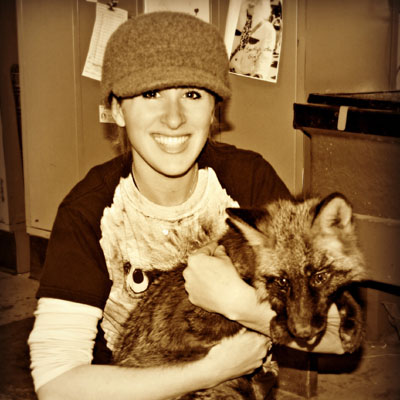I spent the five happiest years of my life in a morgue. As a forensic scientist in the Cleveland coroner’s office I analyzed gunshot residue on hands and clothing, hairs, fibers, paint, glass, DNA, blood and many other forms of trace evidence, as well as crime scenes. Now I'm a certified latent print examiner and CSI for a police department in Florida. I also write a series of forensic suspense novels, turning the day job into fiction. My books have been translated into six languages.
I’m sorry but to be honest, I haven’t thought of her at all. I don’t know any more about the case than you do—probably considerably less—and I’m not aware of the relevant forensic evidence. And like most I’ve had many more immediately personal issues to hold my attention in recent months so I’m afraid I can’t help you.
I'm not familiar with those terms. Sorry I can't help!
Nope, not planning on it!
Because films are entertainment, and stories are more satisfying when they have a definite end.
Dating Website Employee
 What are the most common mistakes guys make on out their profiles?
What are the most common mistakes guys make on out their profiles?
Zookeeper and Animal Trainer
 Why are some people so protective of endangered species?
Why are some people so protective of endangered species?
Bartender
 How often would you date customers?
How often would you date customers?
Yes, certification in any discipline is definitely a good thing to put on a resume.
I have not seen it.
I don't watch the show, so I couldn't comment. But fiction is meant to be entertaining, and it's usually more satisfying to focus on one story at a time.
-OR-
 Login with Facebook
Login with Facebook (max 20 characters - letters, numbers, and underscores only. Note that your username is private, and you have the option to choose an alias when asking questions or hosting a Q&A.)
(A valid e-mail address is required. Your e-mail will not be shared with anyone.)
(min 5 characters)
By checking this box, you acknowledge that you have read and agree to Jobstr.com’s Terms and Privacy Policy.
-OR-
 Register with Facebook
Register with Facebook(Don't worry: you'll be able to choose an alias when asking questions or hosting a Q&A.)